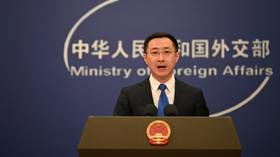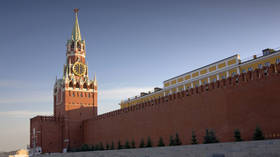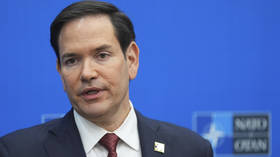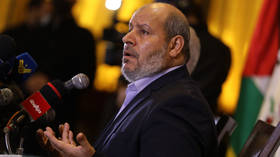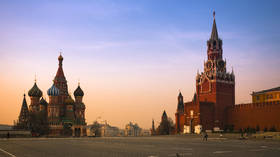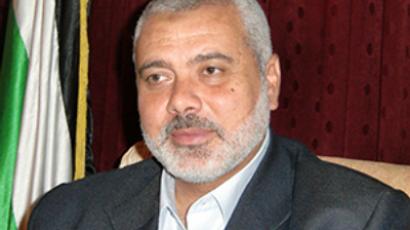Netanyahu mulls Palestinian state with “temporary borders”
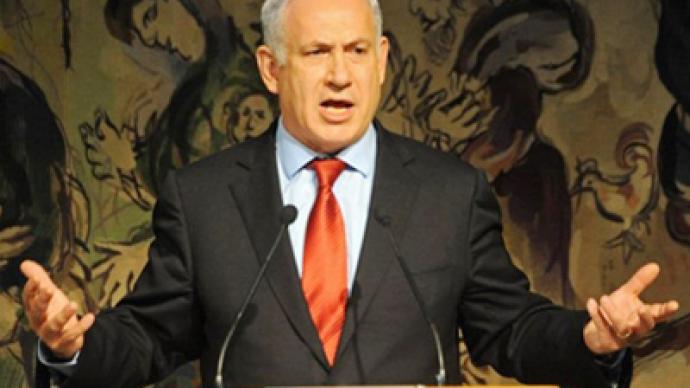
In light of Israel’s increasing international isolation, Prime Minister Benjamin Netanyahu is expected to make some surprise changes in his approach to the stalled peace process. But will the Palestinians agree?
Haaretz, the Israeli daily, reported on Friday that Netanyahu has warned during closed meetings that “a bi-national state would be disastrous for Israel.”“This trend will intensify and become stronger,” Netanyahu told his advisers. “However there are those in Israel who think that one state is a good idea. I think it is a disaster.”He was speaking, of course, about the consequences of failing to provide the Palestinians with their own homeland: Israel would be forced to accommodate millions of Palestinians under one roof. Now, Netanyahu is being torn between one of two inevitable choices: agree to the two-state solution, or learn to live with two nations inside of one state. The Israeli leader, according to Haaretz, will find it “necessary to undertake a political move that will remove this threat” of the latter choice. Whatever he decides, Netanyahu can be sure the international community will be watching.Israel is feeling the heat of “isolation” as the Obama administration, opted not to alienate Israel, vetoed a UN Security Council resolution that condemns Israeli settlements in occupied territory as illegal. Of the 15 members of the Security Council, as well as the more than 100 co-sponsors, only the United States voted against the resolution. But the American ambassador, Susan E. Rice, said the veto should not be mistaken as US support for further settlement construction, which the Obama administration opposes. The issue of Jewish settlements in the West Bank should be resolved through peace negotiations, she said, and not determined by a resolution.“Will it move the parties closer to negotiations and an agreement?” Rice asked following her veto. “Unfortunately, this draft resolution risks hardening the position of both sides.”Rice, however, underestimated the level of animosity that the US veto would create.The frustration felt in Europe towards America’s resolution-busting veto became apparent during a phone call that Netanyahu had placed to German Chancellor Angela Merkel’s office shortly after the vote.German Chancellor upbraids NetanyahuAccording to a German source in Merkel’s office, Netanyahu told the German Chancellor he was “disappointed by Germany's vote” and by Merkel's refusal to accept Israel's requests before the vote, according to Haaretz. Merkel was described as “furious.” "How dare you," she told Netanyahu, according to the official. "You are the one who disappointed us. You haven't made a single step to advance peace."The German chancellor and her advisers, who have been disappointed by Netanyahu on more than one occasion, did not place much faith in what the prime minister told her, the source said. Now, Netanyahu is said to be working behind the scenes with Washington, formulating a peace plan that is agreeable for all parties.“The prime minister has realized that the political impasse is not working in favor of Israel,” one of Netanyahu’s advisers said, according to the daily.Will Quartet recognize Palestinian statehood?Regardless of who is to blame for the breakdown in the peace process, the result may be a forced decision on the question of statehood for the Palestinian people. Next week, three of the four members of the Quartet on the Middle East Peace – the European Union, Russia and the United Nations – are prepared to announce their recognition of a Palestinian homeland, established on the pre-1967 borders, together with some land swaps. An early draft of the agreement that will be up for consideration next week in Paris, East Jerusalem is mentioned as the capital of the Palestinian state.According to Israeli media, Netanyahu is considering the establishment of a Palestinian state with “temporary borders” as part of an interim peace agreement. But many observers are already criticizing the plan, speculating that the “temporary borders” will go the way of the “temporary moratorium” on Israeli settlement construction in the West Bank.One version of the plan calls for the establishment of a Palestinian state with temporary borders on 60 percent of the West Bank, along with an Israeli pledge that the borders would eventually trace those that preceded the 1967 Six-Day War.Others say Netanyahu, by promising to deliver yet another peace plan that will be rejected outright by the Palestinians, is simply trying to buy more time. That will allow Netanyahu to label the other side as not being “a serious partner” with Israel in the quest for peace. The Israeli leader is scheduled to be in Washington in May for an American Israel Public Affairs Committee (AIPAC) conference where he will certainly be looking to shore up support for whatever comes next.Robert Bridge, RT



